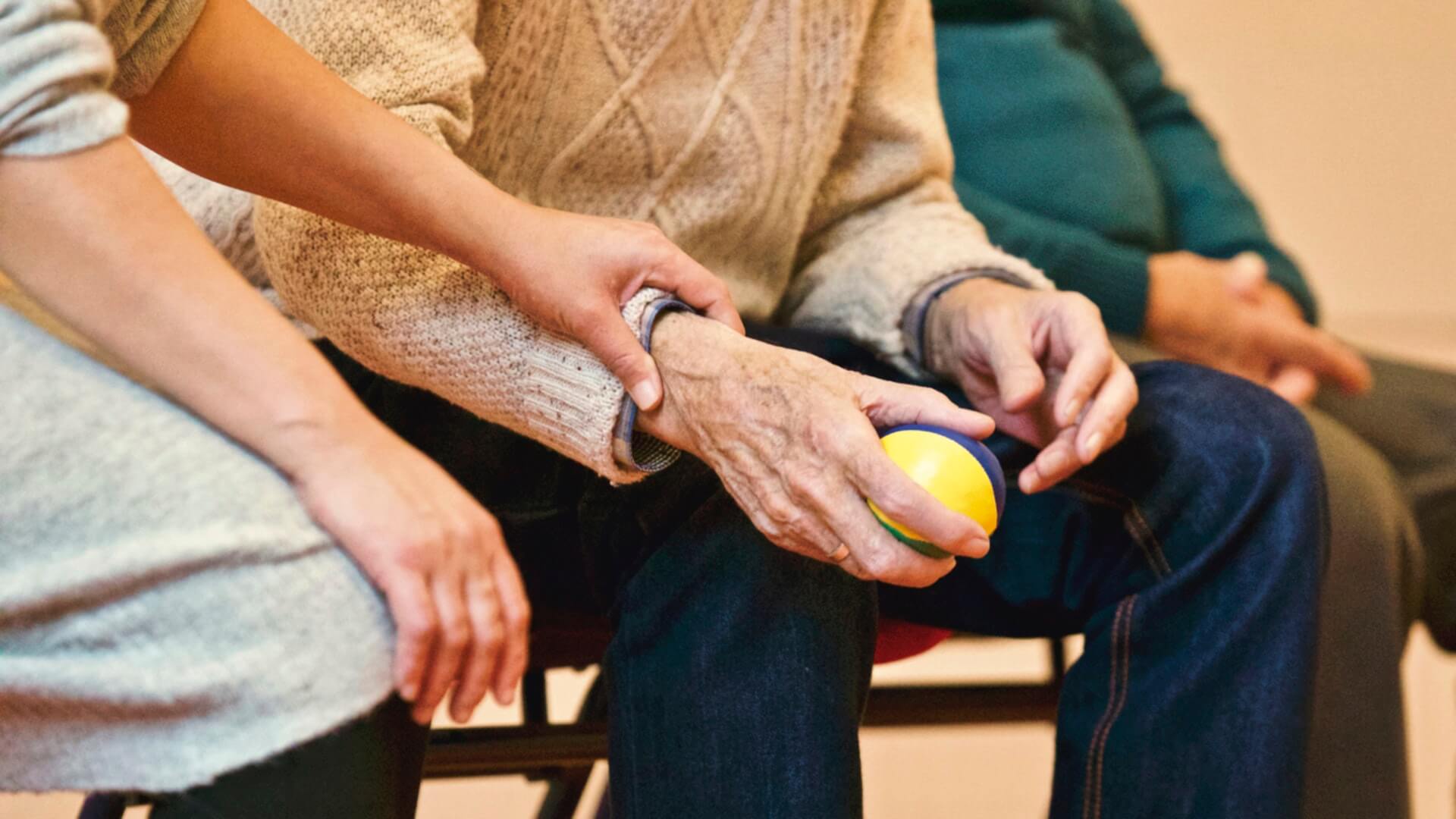What does Arthritis mean? Is it a life sentence? Can it be cured?
One of the common things that patients tell us when recounting their medical history, is that they have arthritis in a joint – maybe in a knee, a shoulder joint, a thumb joint or their spine. Sometimes they come in because they are suspicious that arthritis is causing their pain.
Arthritis is commonly misunderstood by the public and is associated with a lot of negative ideas about life long pain and disability.
Did you know that Arthritis is an umbrella term for over 100 conditions affecting the joints?
And that not all arthritis is equal? Broadly they can be separated into inflammatory and degenerative. Inflammatory Arthritises are a group of conditions characterized by autoimmune reactions in which the body’s immune system mistakenly attacks sections of its own bone, tissue or joints.
Common types of inflammatory arthritis are rheumatoid arthritis and psoriatic arthritis, but there are many more. These conditions are rare, usually affecting less than 1% of the population. They need specialist management, usually a combination of a rheumatologist and your G.P. You can see a manual therapist like an Osteopath to help with the management of symptoms, but the management plan is usually multifaceted and managed by the G.P and specialist.
Osteoarthritis is a far more common type of arthritis, with some numbers reflecting an incidence across the lifetime of as high as 40% of the population for common joints such as the knee. The mechanism of osteoarthritis is progressive damage to joint tissue, usually in weight-bearing joints like the knee, spine and hip, but it is also common in the hand and wrist. It used to be thought of as a progression of the ‘usual wear and tear’ of ageing and thus inevitable – but now we know that this is not true. Osteoarthritis is more common in some families than others, indicating a strong genetic component. But this is not the complete story either. Osteoarthritis begins many years before a person experiences symptoms, perhaps with some innocuous trauma to the joints that are compounded by other factors like genetics or weight or repetitive activity over time eventually causing damage to build up.
Obesity is strongly indicated in the development of arthritis, especially in weight-bearing joints but hormones also play a part. Many women develop hand arthritis at menopause.
As Osteopath, we can do more about this type of arthritis. We know that exercise is crucial in warding off the negative effects of joint damage and age on the body, but it has to be the right type of exercise. If you have some early knee stiffening we are not going to advise you to go and start on a box jumping program. We also know that weight-bearing exercise is good for reducing pain in those who have developed osteoarthritis. This seems to strengthen muscles around the joints to better help support them. The cardinal symptom of this type of arthritis is stiffness, particularly felt in the morning.
We can help with all of this at Sydney Health Professionals, as we have a great multidisciplinary team here to give sufferers the best care available.
The main take home point here is that if you notice some early morning stiffening in one or more of your joints it might be worth making an appointment to see an Osteopath earlier rather than adopting a wait and see approach. A good home stretching and strengthening program before the disease really takes hold can save you loads of pain and money in the future.
If you already have osteoarthritis or know someone who suffers from it on a daily basis, don’t despair. It’s never too late to do something meaningful and effective to help manage it. We have lots of patients who are working successfully on reducing the symptoms of osteoarthritis and increasing their strength and mobility despite it.
So what does the future hold? One of the reasons we implore patients to keep fighting the symptoms is that advances in stem cell treatments are showing some very positive initial results for meaningful ways to actually repair some of the damage caused by the disease. But it is still very early days for this therapy. So stay strong, stay mobile and stay positive.
Make an appointment today to see one of our Osteopaths and discuss how we can create an individualised plan to get you back to optimum health.

